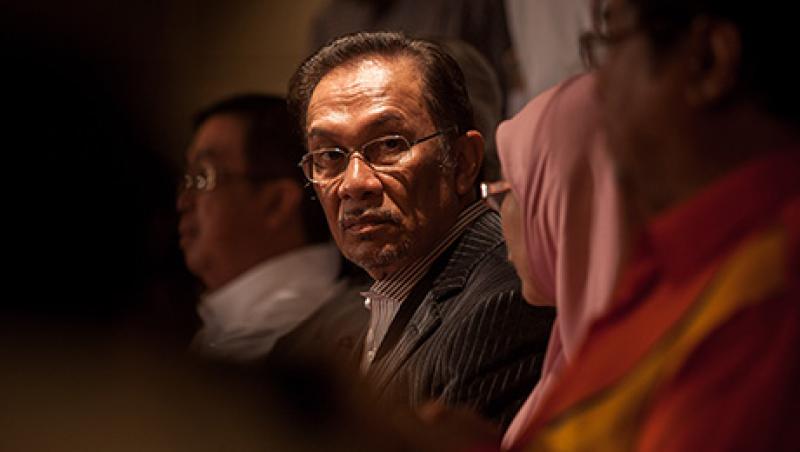
Bloomberg Photo Service 'Best of the Week': Anwar Ibrahim, Malaysia's opposition leader, listens during a news conference at the One World Hotel in Kuala Lumpur, Malaysia, on Sunday, May 5, 2013. Malaysia Prime Minister Najib Razak's coalition won a simple majority in the country's election, defeating Anwar Ibrahim's opposition alliance and extending its 55-year hold on power. Photographer: Sanjit Das/Bloomberg *** Local Caption *** Anwar Ibrahim
Sanjit Das/Bloomberg

